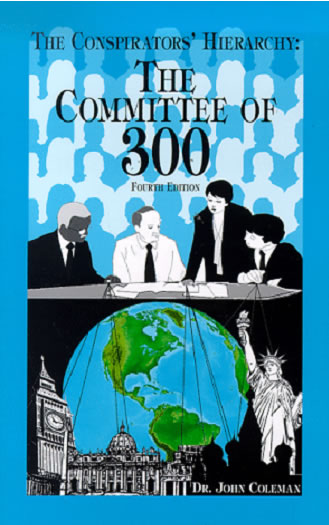Recently finished:
Jonathan Healey’s,
The Blazing World: A New History of Revolutionary England
The seventeenth century is one of my favourite periods of history to study. My own research was focused on the Irish events of this period, though I was always particularly fascinated by the social and religious history of the English Revolution and the Interregnum too. This was a period of dramatic social, religious, and political upheaval, perhaps the most turbulent in English history.
However, it can be a difficult one to write for non-specialists. Beyond the stereotypes of Roundheads and Cavaliers, getting to grips with the English Revolution requires delving into a myriad of religious convictions which can seem arcane and bewildering to secular modern readers. The events of this period unleashed a strange world of Baptists, Brownists, Levellers, Diggers, Ranters, Quakers, Fifth Monarchists, Muggletonians, and more besides.
Although sometimes looked back on for the ways in which political ideas first espoused in this century prefigure those in our modern world (and this is certainly true on some level as well, as this book makes apparent), it can also be incredibly alien in several respects. As Healey says, “the past is its own being, not ours”. It was a time which saw “the world turned upside down”, to quote from a contemporary ballad (and the title of an extremely influential book by Christopher Hill).
The Blazing World in contrast takes its title from a fairly unusual work, a piece of utopian ‘proto-science fiction’ published by the philosopher Margaret Cavendish in 1666. This gets at some of the core strengths of the book. Although of course focusing on the main events of the period - the Civil Wars, the Regicide, the Protectorate, etc. - Healey also takes a broader look at this century as a whole.
He attempts to bring in the key events occurring in Ireland and Scotland at the same time when necessary too, but usually with an extremely light touch and only as they pertain to England. For those who favour the so-called New British History - which is pretty much most people within academia these days - the approach might seem rather anglocentric. However, for a work of popular history I can forgive the more narrow focus on “Revolutionary England” as opposed to a Three Kingdoms approach. As I say, this period can be hard enough to distill for non-specialists without trying to bring in even more complex events.
Chronologically he takes in a somewhat wider scope too, roughly from 1603 - 1688, showing both the longer term societal trends which would lead up to the English Revolution, ie. the ‘culture war’ created by the growing forces of puritanism vs. the more traditionalist impulses of ‘Merry England’, as well as delving into some lesser known figures, and pulling out interesting aspects of social history (Healey’s speciality, as a social historian of early modern England at Oxford). On the other side, the book goes right up to the so-called Glorious Revolution of 1688-89. As Healey says, although it had a “softer edge” than the regicide of 1649, it was “forged from the same steel”.
Of course, in dealing with such a broad scope of time The Blazing World also takes in a number of other significant historical developments. Although a period of radicalism in some respects, this was also a century which saw enormous intellectual creativity, developments in political theory and natural philosophy (on its way to becoming ‘modern science’), increased urbanisation, imperial expansion, a growth in global trade networks, the roots of the industrial revolution (stimulated by ideas of “improvement”), and much more besides.
It can be very difficult to stitch all of these disparate threads together in any kind of readable, coherent fashion while also appealing to a general audience. I think it’s to the book's great credit that it manages to do so very successfully, pulling together a difficult century of complex political, social, and economic history. It’s perhaps not written with the liveliest style in the world, but it is very readable all the same. All-in-all a great overview of this period of English history.
Still finishing a few other books, but there are a few other recent releases dealing with this period which I also want to get to next.

 The prime 7 part TV show was released with the actor who played Harry Osborne. It was not bad. More like a highlight reel of the book. Great read.
The prime 7 part TV show was released with the actor who played Harry Osborne. It was not bad. More like a highlight reel of the book. Great read.








